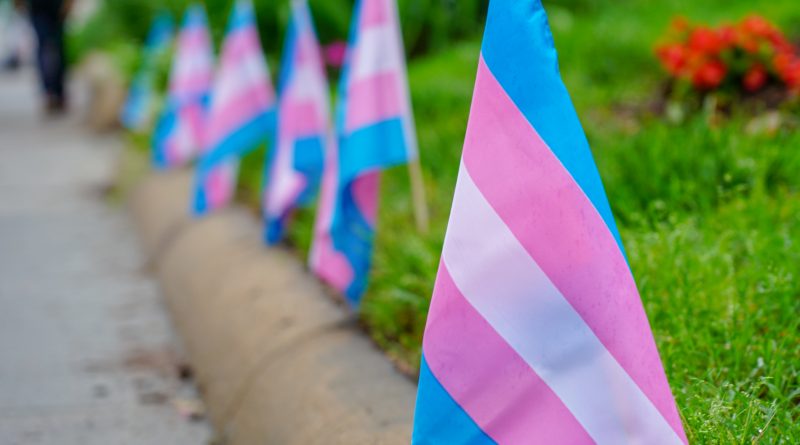U.S. Anti-Trans Bills Signal Growing Transphobic Legislation Around the World
Patrick Condon
Staff Writer
Over the past four months, the United States has been hit with a wave of anti-transgender legislation. While these Republican Party-led bills claim to fight for the safety of both binary and non-binary children, courts and leading researchers affirmed the danger they pose to transgender children. But this wave in the U.S. does not come without equal movement around the world. At least 14 countries formally prohibit the expression of transgender identity either in legislation or police practice – not to mention the overwhelming social stigmatization of trans-identifying persons. Although the social stigmatization of transgender people poses the greatest threat to their safety and identity, this legislative wave of transphobic sentiment marks a new line of formal discrimination against the expression of one’s personal identity.
There is a long history of global anti-LGBTQ+ discrimination. Recent legislation further solidifies these prejudices into law, many times to accommodate violence against LGBTQ+ persons. According to Human Rights Watch, at least 70 countries have anti-LGBTQ+ laws with penalties ranging from imprisonment to the death penalty. The crystallization of anti-LGBTQ+ discrimination into law marks a growing legal battle for the identities of approximately 3 to 16 percent of the world’s population, as estimated by the International HIV/AIDS Alliance. This legislative wave further entrenches anti-LGBTQ+ prejudice around the world, silencing the identities and expressions of hundreds of millions of people.
Current laws take various forms to prevent and punish LGBTQ+ relations and modes of expression. Private and public “sodomy,” “buggery,” and “unnatural offences” is explicitly illegal between men in 71 countries, according to Human Dignity Trust. Additionally, the same report found that same-sex criminalization laws are regularly used to punish transgender expression as “public order offences.” Many times, the broad language of these laws allow for the personal prejudices of homophobic and transphobic officials to punish and kill people based on their personal identity.
Even though this anti-LGBTQ+ discrimination clearly violates lives of millions, this treatment is now being extended through anti-trans laws in the U.S. One proposed law seeks to subject minors to genitalia inspection as an identifier for gendered sports teams, and another bill excludes the transgender individuals-including minors-from their fundamental right to healthcare. Across the world, there are formal laws against the sexual practices of transgender persons and their personal expression from their clothes to the length of their hair. Additionally, mandatory sterilization practices are legal in 14 European countries, Japan, and multiple U.S. States, according to Transgender Europe and Movement Advancement Project. In these laws, the restriction of transgender expression is made clear and reveals invasive attempts at regulating the gender identity and genitalia of non-binary people.
While these laws reveal the international stigmatization and neglect of trans-identifying people, there are proposals seeking greater inclusivity for transgender identifying and transitioning individuals. Currently, there are formal laws allowing self-determination of gender identity in states such as Belgium, India, and Uruguay, some that guarantee equal rights to transgender people in Bolivia, Ecuador, Fiji, Malta, and the United Kingdom, and a few that grant insurance for gender affirmation surgery in Argentina and Denmark, according to the Metador Network. These progressive laws essentially leave out the caveat included in many U.S. State ID offices that require gender reassignment surgery and/or sterilization for formal gender identification. If U.S. States were to propose bills to better allow for gender identification and reaffirmation, the overall inclusion of transgender people would improve.
A way to foster better transgender inclusion is through the recognition of international inclusivity standards. The U.S. is a microcosm of the differing, and sometimes absent, levels of worldwide transgender legislation. Some states like New York use healthcare, sports, and state identification to include trans-identifying persons, while many other states with newly proposed anti-trans bills seek to regulate the participation of trans youths while blocking them from their fundamental right to healthcare. These new bills are a gross step towards a dangerous regulation of identity and expression of transgender people in the U.S. If the U.S. wants to formally include trans-identifying persons, they should follow suit with other leading countries and provide national legislation on the inclusion and protection of transgender people.
Photo courtesy of Ted Eytan (Flickr)




